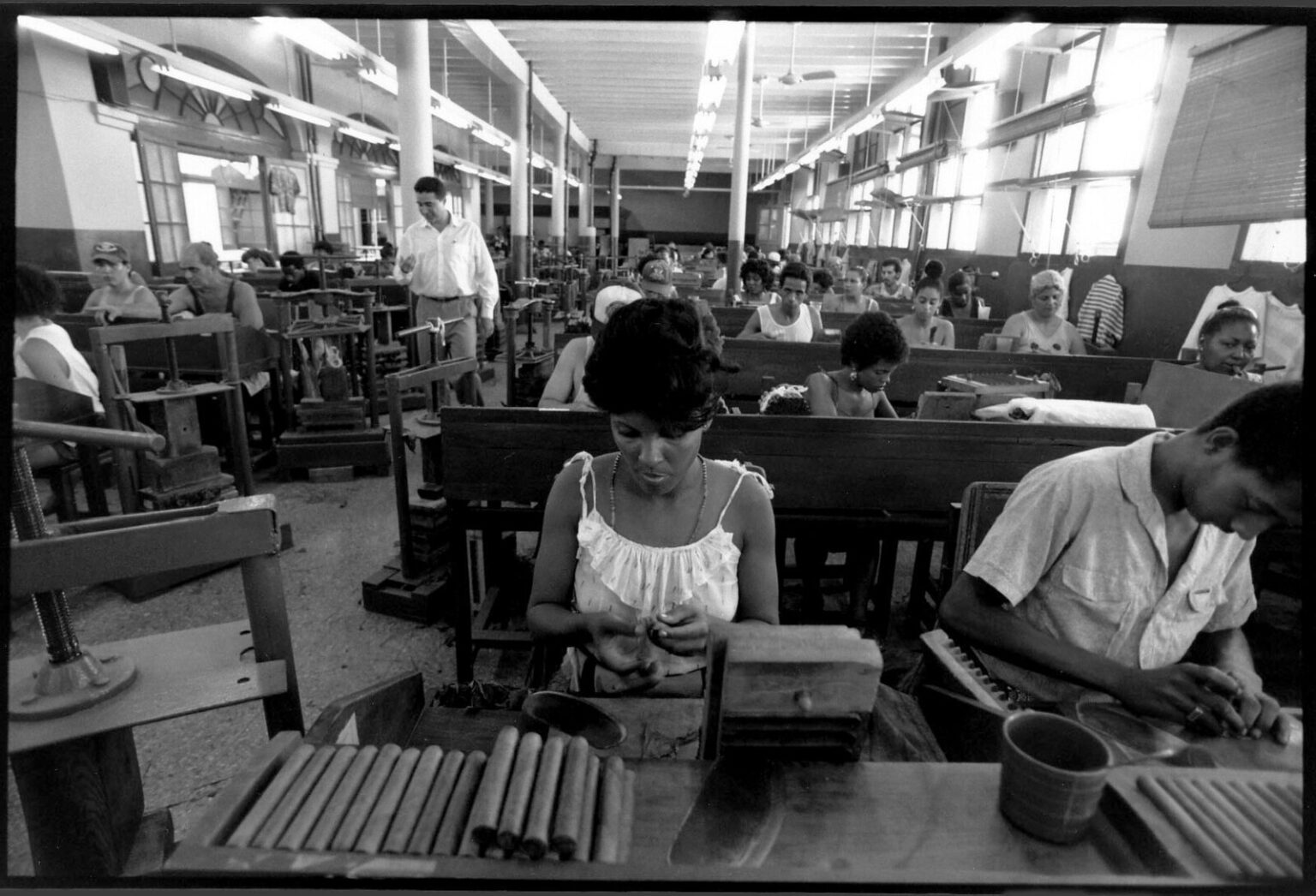Cuban private sector outsells the state in historic milestone
Cuba’s private sector has, for the first time in decades, surpassed the public sector in sales of goods and services, accounting for over half of the nationwide total in 2024.
In fact, the proportion of retail sales accounted for by the private sector increased from 44% in 2023 to 55% last year, a figure that was as low as 4% in 2020. The proportion of workers employed by the public and private sectors in Cuba is also approaching parity, as official figures estimate that 1.6 million Cuban workers work in the private sector, out of a workforce of approximately 4 million.
Traditional Cuban revolutionary ideology has been historically opposed to the existence of private business. The Cuban state took control of large- and medium-sized businesses in the early 1960s and, in 1968, the Cuban government began the so-called Revolutionary Offensive, a campaign which saw the nationalisation of the last remaining privately-owned businesses. These were mostly small-scale, family-owned enterprises.
However, this policy of uncompromising nationalisation was reversed in the early 1990s after the fall of the Soviet Union and the corresponding dip in Cuba’s economic fortunes. A heavily restricted form of self-employment was then legalised in 1993.
A relatively well-stocked and privately-run Cuban grocery store.
Image Source: Yoani Sánchez via X
As a result, small privately-owned businesses such as the family-owned restaurants known as paladares gradually became a part of Cuba’s economic landscape. However, the reforms stopped after 1996 because the Cuban government considered this economic liberalisation as no more than a “necessary evil”.
Regardless, Fidel Castro’s resignation from the Cuban Presidency and his replacement by his younger brother Raúl allowed for the continuation of gradual economic marketisation. Since the early 2010s, the Cuban private sector has gradually expanded.
Raúl Castro’s government relaxed restrictions on private businesses in 2011 and announced that it would aim to cut over one million public sector jobs. The sectors subject to increased privatisation and a decrease in state control included agriculture, retail, transportation and construction.
The remit of the private sector was further enlarged in 2021, when former Cuban Labour Minister Marta Elena Feitó announced that the number of industries free from state involvement would be increased from 127 to over 2,000.
However, that same reform stipulated that 124 key industries – such as healthcare, communication, education, and other major ones like sugar and tobacco – would remain free of competition and under complete state control.
Empty freezers in a market in Central Havana
Image Source: Yoani Sánchez via X
Nevertheless, the growth of the private economy and the contraction of the state economy have continued unabated. In the last five years, the Cuban state-controlled economy has contracted by 11%, whereas the private sector imported $1 billion USD worth of goods in 2024, a 34% increase compared to 2023.
The effect of the rapid growth of the private sector is palpable on Cuban streets as more expensive, privately-run markets and grocery stores have flourished in recent years on the island, whereas cheaper state-run stores have increasingly struggled to stock their shelves.
This newfound imbalance between the private and public sectors seems a far cry from the Cuba envisioned by Fidel Castro in his 1968 speech preceding the Revolutionary Offensive, in which he proclaimed that his government intended “to eliminate all manifestations of private business.”
Featured Image: Cuban workers at the Partagas Cigar Factory in Havana, Circa 1995



